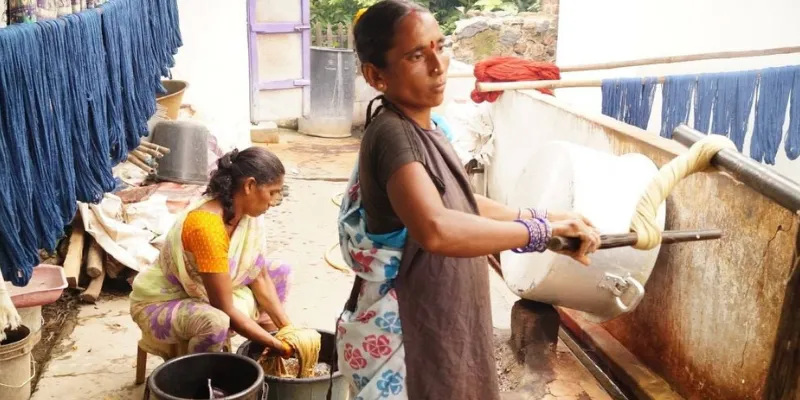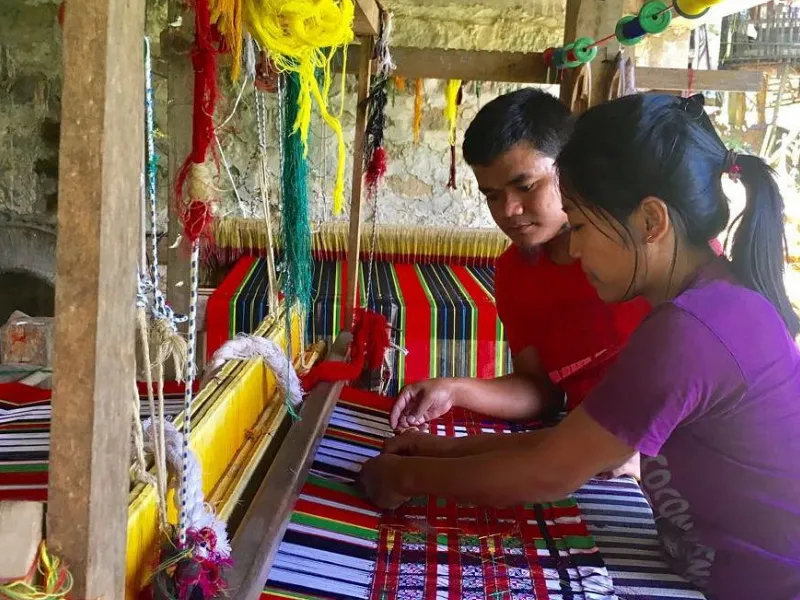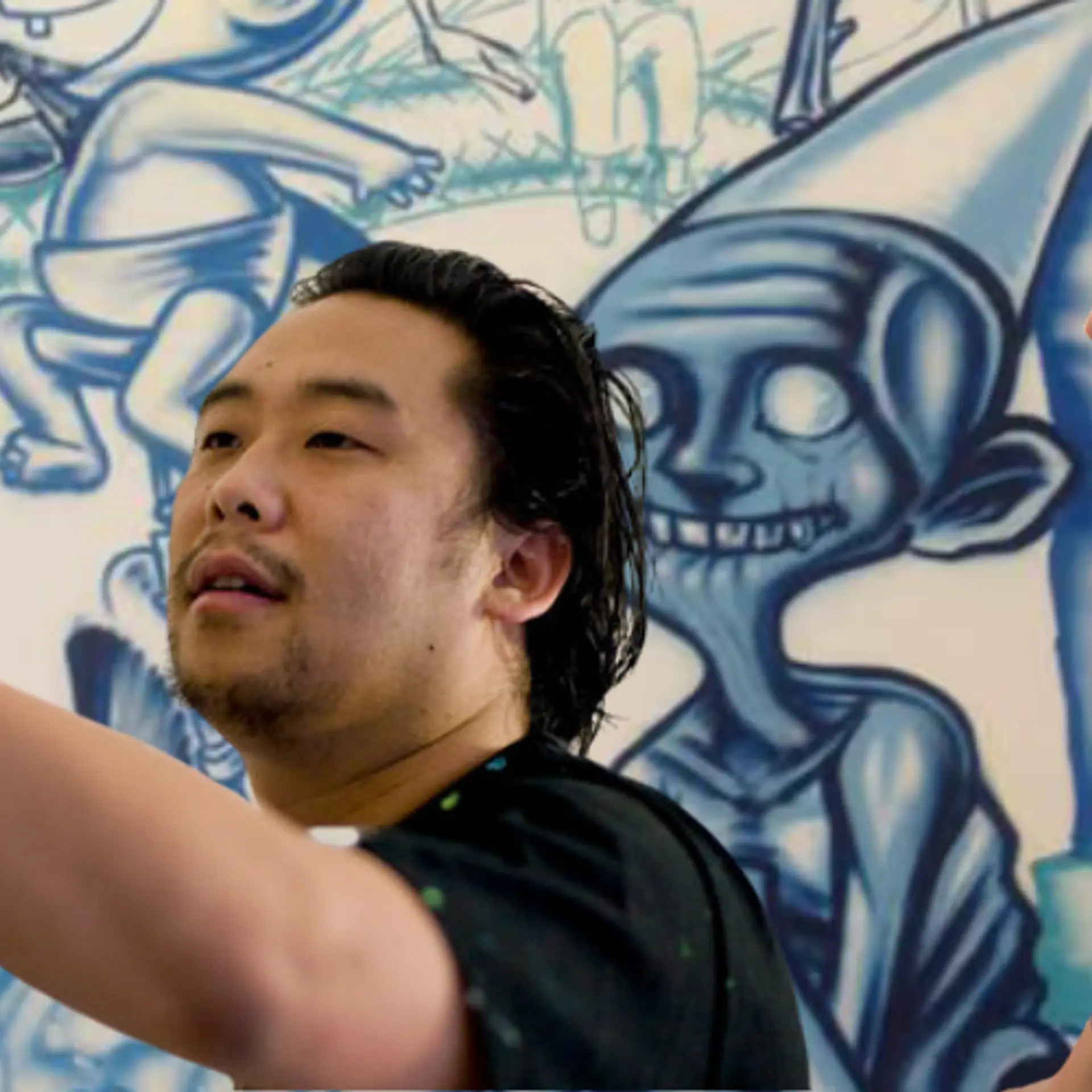On Gandhi Jayanti, here's a look at 5 startups that are making khadi hip and happening
The preserve of politicians and social workers for far too long, khadi is finding its place in the sun, thanks to innovative cuts, styles, and designs.
Mahatma Gandhi famously said, “The art that is in the machine-made article appeals only to the eye; the art in khadi appeals first to the heart and then to the eye.”
For long, khadi has been the choice of politicians and netas, not of the stylish and the fashionable. But that’s changing.
Minister of Commerce and Industry Suresh Prabhu in July this year said at the Taking KHADI: Local to Global conclave that promoting khadi will not only boost India's economic growth, but also create new employment opportunities.
More than enough reason for the Khadi and Village Industries Commission (KVIC) to carry Mahatma Gandhi’s legacy and mission forward by relaunching khadi as an “Indian brand on a global platform”.
As global warming stares us in the face, “the world is moving towards natural and eco-friendly products”, the minister said. Be it biodegradable straws, spoons, sanitary napkins, or jeans, sustainability is the buzzword.
To promote khadi as a global fabric, new designs and styles are being promoted. The new MEIS policy of 2015-2020 emphasises on exports; it expects a turnover of Rs 70,000 crore this year in comparison to Rs 52,000 crore last year.
YourStory takes a closer look at five startups taking the khadi initiative forward and making the fabric a style statement for the hip and the young.
DesiTude

Started in 2016, by environmental engineer Siddharth Mohan Nair, this Kerala-based startup offers “desi jeans”. “It also works as a social enterprise by setting aside 10 percent of every sale to buy swadesi sanitary pads for girls in orphanages,” Siddharth said in an earlier interview to YourStory.
Godwit Khadi
Founded by Namita Sharma in 2016, this Dehradun-based startup manufactures products using traditional techniques, skills, and hand-based processes.
The ready to wear garments and fashion accessories are primarily made of muslin/malmal, khadi cotton, and pure reeled and raw silk. The silks are handpicked from different parts of India, and include varieties such as Mulberry, Garad, Mysore Silk, Tussar, Katiya, Matka and “Peace Silks” like Eri and Munga. All fabrics are skin and eco-friendly.
Godwit Khadi also offers an extensive range of western and fusion wear, including evening gowns, party wear, wedding gowns, tops, shirts, jackets, blazers and coats, trench coats, skirts, bottoms, trousers, and beach cover-ups.
Red Sister Blue
Red Sister Blue, based in Mumbai, creates its khadi attires in Mumbai and Delhi’s Shahpur Jat village.
With their website, Naina Yadav and Micahel Grobe have created a platform that offers khadi apparel in western styles for young urban Indian women. Their apparel, which bridges the gap, between tradition and style, includes pants, shorts, dresses, skirts, and tops made of khadi.
The founders believe that khadi is often seen as a luxury, as it is expensive. They want to remove that misconception with Red Sister Blue.
North East Project

Founded in 2014 by Harjot Singh, the North East Project is an initiative that looks to the seven sisters for their traditional textiles. The collective aims to create greater sustainable and ethical employment amongst North-Eastern weaving communities.
The startup offers European silhouettes designed and woven in traditional textiles from the Northeast; the offerings include a wide range of apparel and accessories from shoes to jeans and kimonos.
KhadiJi
Based in Bhopal, this startup was founded by Diksha Dixit in 2016. The company claims to be India’s first luxury online store that exclusively promotes khadi. Its products are a fusion of modern trends and old-style fabric.
Selling through their online portal, KhadiJi aims to rebrand khadi and village industries, and make the fabric available on an international platform.







